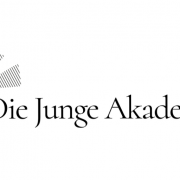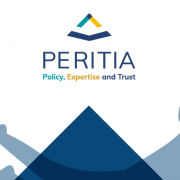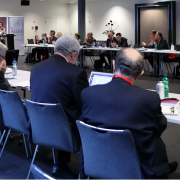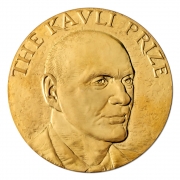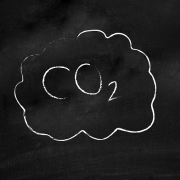ALLEA urges European Parliament to protect Horizon Europe from budget cuts
ALLEA released a statement today in reaction to the European Council deal for the the next Multiannual Financial Framework (2021-2027) and on the EU plan to tackle the consequences of the COVID-19 pandemic. According to the statement, this proposal represents “a severe and long-term threat to Europe’s capacities as a world leader in science, research and innovation“. ALLEA welcomes the ambition of Members of the European Parliament to seek and secure a larger budget for Horizon Europe and other key research and innovation funding measures:
“In times when fundamental and applied research, evidence-based policy making, and scientific collaboration across boundaries and disciplines are more important than ever to tackle the challenges ahead posed by the pandemic and beyond, governments need to prioritise and increase R&I funding both on national and EU level.
ALLEA is particularly concerned about the agreement’s implications for the next EU R&I funding programme whose budget has been cut multiple times throughout the Council summit on 17-20 July. Horizon Europe’s budget is now decreased by more than 15% as compared to the latest European Commission’s proposal (May 2020), and is one third lower than the €120 billion figure proposed by the European Parliament, supported widely across the European scientific community including ALLEA and its academies.”

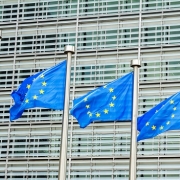
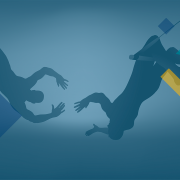

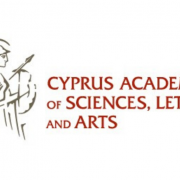
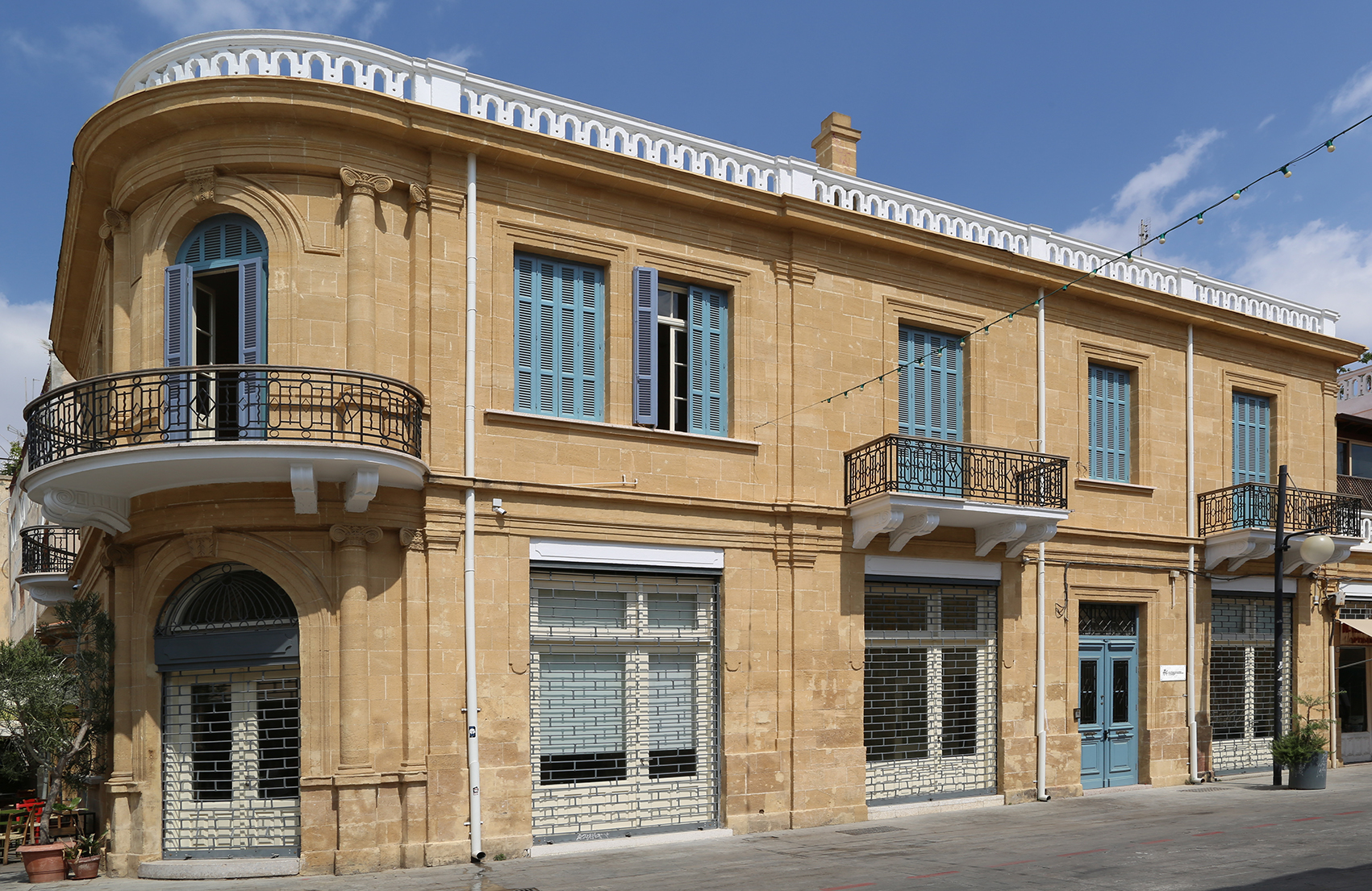 Its main missions are to recognize and promote excellence in Science, Letters, and Arts, cultivate mutual interaction between the Sciences, the Letters and the Arts and establish a Permanent Dialogue between the Sciences and the Humanities.
Its main missions are to recognize and promote excellence in Science, Letters, and Arts, cultivate mutual interaction between the Sciences, the Letters and the Arts and establish a Permanent Dialogue between the Sciences and the Humanities.